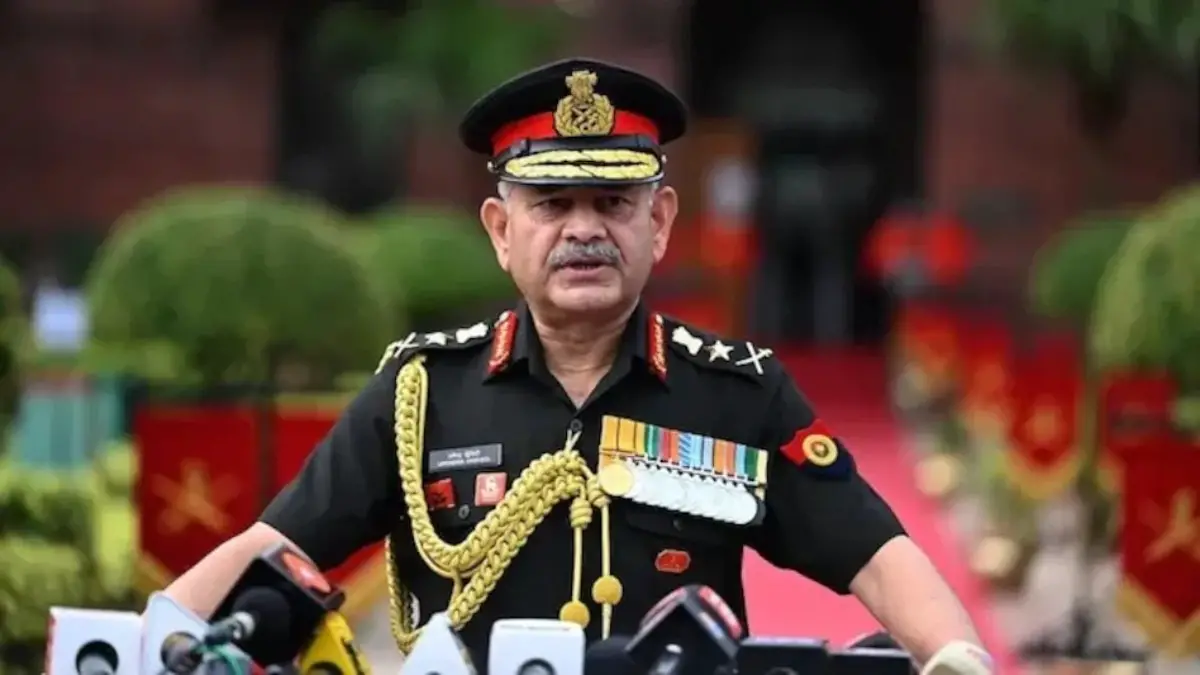The prestigious Gorkha battalions of the Indian Army have been facing an unusual situation for the last four years, that is, the absence of new soldiers from Nepal. A tradition that has been an important part of India-Nepal relations, dating back to the 1947 Tripartite Agreement (India, Nepal and the United Kingdom). That tradition is now in a state of stagnation, in fact, recruitment of Nepali Gorkhas has stopped, creating a void in this tradition.
Indian Army Chief General Upendra Dwivedi spoke on this issue during the annual press conference of army commanders. He said that despite the halt in the recruitment process, it has had no impact on the operational preparedness and overall strength of the Indian Army. He said that we have presented our proposal to the Nepal government and are waiting for their reply. He noted India’s desire to resume the recruitment process while respecting Nepal’s sovereign decisions.
The recruitment of Nepali Gurkhas has been part of a long-standing tradition in the Indian Army, symbolizing bravery and trust. The 1947 Tripartite Agreement formalized this arrangement, leading to thousands of Nepalese youth joining the Indian Gorkha Regiment. These battalions have been famous for their discipline and fighting skills in defending the Indian borders and in important military operations.
However, the situation changed after 2020. Initially there was no recruitment for 2 years due to the Covid-19 pandemic and later Nepal refused to allow its citizens to join the Indian Army under the Agneepath scheme. As a result, there has been a reduction of more than 14,000 Gurkha soldiers in the traditional Gorkha battalions.
Despite hindrances in recruitment, military relations between India and Nepal remain strong. In 2024, General Upendra Dwivedi visited Nepal and was awarded the honorary rank of General of the Nepalese Army. Sometime after this, Nepali Army Chief General Ashok Raj Sigdel visited India and was given the honorary rank of General of the Indian Army.
The resumption of Nepali Gorkha recruitment is not only a matter of military importance, but it is also a question of maintaining cultural and historical bonds. The Indian Army is waiting for Nepal’s decision and both sides are engaged diplomatically to resolve these issues. However, General Dwivedi assured that the Indian Army is fully prepared and operationally strong. However, the absence of new Nepali Gorkha soldiers is a poignant reminder of the changing relations between India and Nepal.


